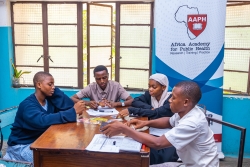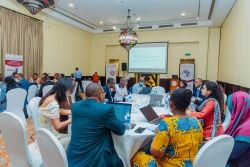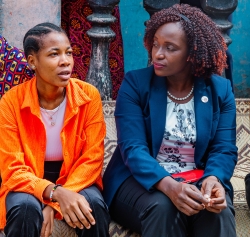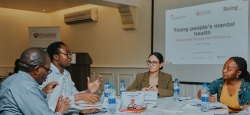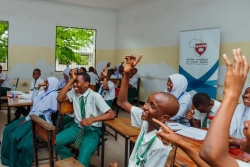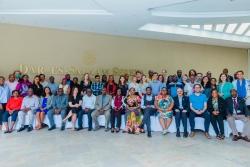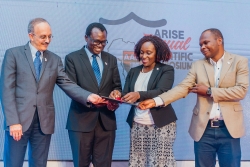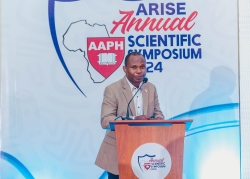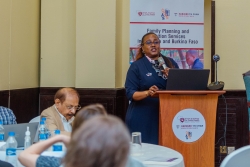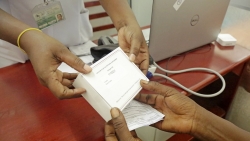In Tanzania, the Africa Academy for Public Health (AAPH), in collaboration with the University of Dodoma (UDOM), is implementing a three-phase research project with participants from Tambaza High School, Muhimbili University of Health and Allied Sciences (MUHAS), and Don Bosco Youth Centre, Upanga.
Phase one includes participatory workshops using storytelling, focus groups, and surveys to explore emotion regulation. Phase two features a two-week test of the hybrid training, collecting user feedback. Phase three comprises co-design workshops to refine and prototype the final intervention.

